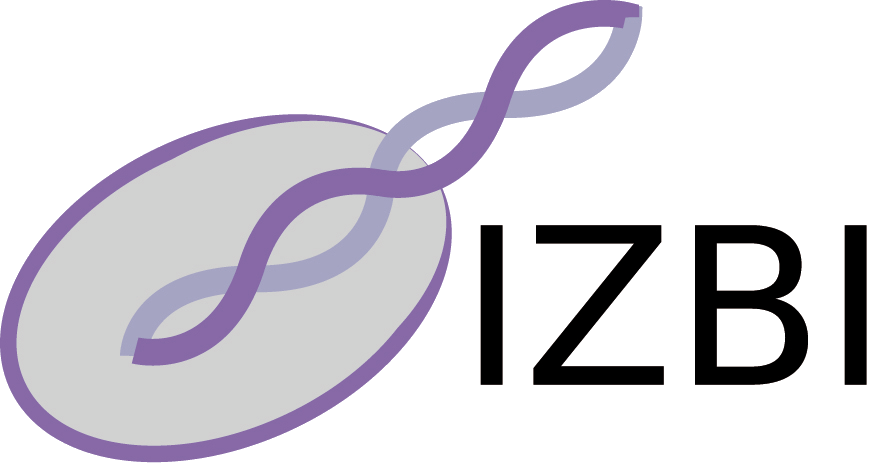Publications - Published papers
Please find below publications of our group. Currently, we list 565 papers. Some of the publications are in collaboration with the group of Sonja Prohaska and are also listed in the publication list for her individual group. Access to published papers ( ) is restricted to our local network and chosen collaborators.
If you have problems accessing electronic information, please let us know:
) is restricted to our local network and chosen collaborators.
If you have problems accessing electronic information, please let us know:
 ) is restricted to our local network and chosen collaborators.
If you have problems accessing electronic information, please let us know:
) is restricted to our local network and chosen collaborators.
If you have problems accessing electronic information, please let us know:©NOTICE: All papers are copyrighted by the authors; If you would like to use all or a portion of any paper, please contact the author.
The Trouble with Long-Range Base Pairs in RNA Folding
Fabian Amman, Stephan H. Bernhart, Gero Doose, Ivo L. H ofacker, Jing Qin, Peter F. Stadler, The Students of the Bioinformatics II Lab Class 201 3, and Sebastian Will
Download
Status: Published
Advances in Bioinformatics and Computational Biology Lecture Notes in Computer Science Volume 8213:1-11 (2013)
Abstract
RNA prediction has long been struggling with long-range base pairs since prediction accuracy decreases with base pair span. We analyze here the empirical distribution of base pair spans in large collection of experimentally known RNA structures. Surprisingly, we find that long-range base pairs are overrepresented in these data. In particular, there is no evidence that long-range base pairs are systematically overpredicted relative to short-range interactions in thermodynamic predictions. This casts doubt on a recent suggestion that kinetic effects are the cause of length-dependent decrease of predictability. Instead of a modification of the energy model we advocate a modification of the expected accuracy model for RNA secondary structures. We demonstrate that the inclusion of a span-dependent penalty leads to improved maximum expected accuracy structure predictions compared to both the standard MEA model and a modified folding algorithm with an energy penalty function. The prevalence of long-range base pairs provide further evidence that RNA structures in general do not have the so-called polymer zeta property. This has consequences for the asymptotic performance for a large class of sparsified RNA folding algorithms.















